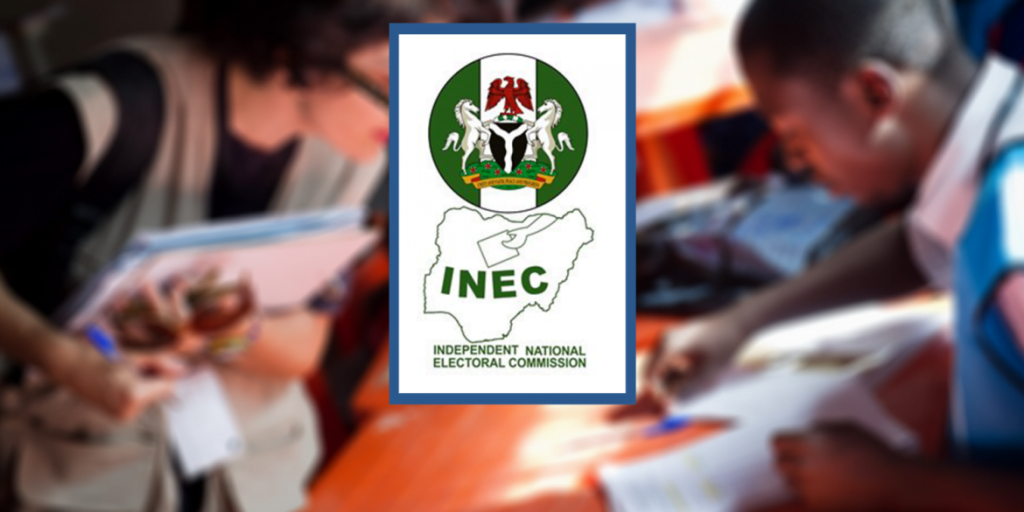The Peoples Democratic Party (PDP) in Osun State has voiced serious concerns regarding the voter registration statistics released by the Independent National Electoral Commission (INEC). The PDP’s primary concern stems from a significant discrepancy between the number of online pre-registrations and the considerably lower number of completed in-person registrations. INEC data indicated over 470,000 online pre-registrations in Osun State within a two-week period, yet less than 600 individuals had completed the required in-person registration to finalize the process. This disparity raises questions about the transparency and efficiency of INEC’s registration procedures, particularly in the context of upcoming elections. The PDP asserts that such a gap cannot be dismissed as a mere statistical anomaly and demands clarification from INEC.
The PDP’s statement strongly criticizes INEC for releasing figures without providing a transparent mechanism for political parties and stakeholders to monitor the registration process. The party argues that the exercise is primarily intended to facilitate citizen participation in elections and should not be shrouded in secrecy. The significant difference between reported online and in-person registrations raises concerns about the credibility of INEC’s data management. The PDP points out that field reports indicate a much higher number of completed registrations than reflected in INEC’s official report, questioning how over 25,000 physically captured registrations could dwindle to a mere 500 in the national report. This discrepancy, according to the PDP, casts doubt on INEC’s preparedness for future elections, including the Osun governorship election in 2026 and the general elections in 2027.
The PDP demands immediate action from INEC to rectify what they perceive as manipulated data. The party insists on the publication of the authentic figures, believed to be over 25,000 completed registrations, and a clear explanation for the significant discrepancy between field records and the national report. Failure to address these concerns, the PDP warns, would be interpreted as a deliberate attempt to disenfranchise Osun citizens and pave the way for electoral fraud. The party emphasizes the need for verifiable evidence to reconcile the vast difference between online pre-registrations and completed in-person registrations.
Furthermore, the PDP calls for greater transparency and accountability in the voter registration process. The party demands a detailed report of completed registrations, including voter card transfer applications, to be made available to accredited political party representatives and civil society organizations. They also advocate for independent scrutiny of the registration process by stakeholders to ensure it remains free from manipulation and potential fraudulent activities. The PDP emphasizes the importance of openness in a democratic society and vows to continue demanding transparency in voter registration as a cornerstone of credible elections. The party’s stance reflects a broader concern about ensuring fair and accurate representation of the electorate in future elections.
The PDP’s concerns echo those previously raised by the African Democratic Congress (ADC), which also questioned the plausibility of the online registration figures for Osun State. In response to the ADC’s earlier concerns, INEC defended the figures, attributing them to Osun State’s history of active civic engagement and high voter turnout. INEC clarified that online pre-registration is merely the first step and does not automatically qualify an individual as a registered voter. The actual registration is only completed after in-person biometric capture at designated INEC centers. INEC urged against misinterpreting online pre-registration figures as final voter registration numbers.
INEC emphasized that Osun State has consistently demonstrated high levels of civic participation and has historically led other states in online pre-registration during previous electoral cycles. They viewed the high numbers as a testament to the state’s democratic awareness and commitment to electoral participation, suggesting that these figures should be celebrated rather than questioned. INEC maintained that the current figures are in line with the state’s track record of active civic engagement. However, they did not directly address the significant gap highlighted by the PDP between online and in-person registrations, leaving the discrepancy a point of continued contention.














